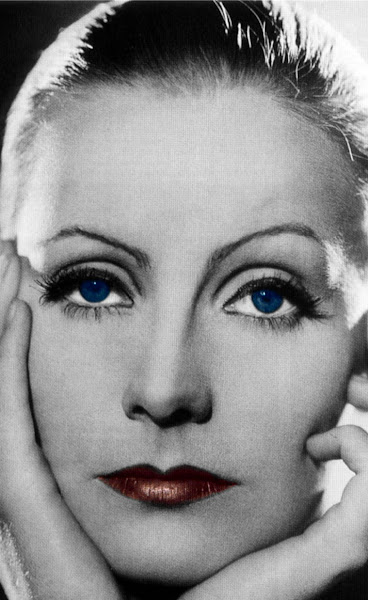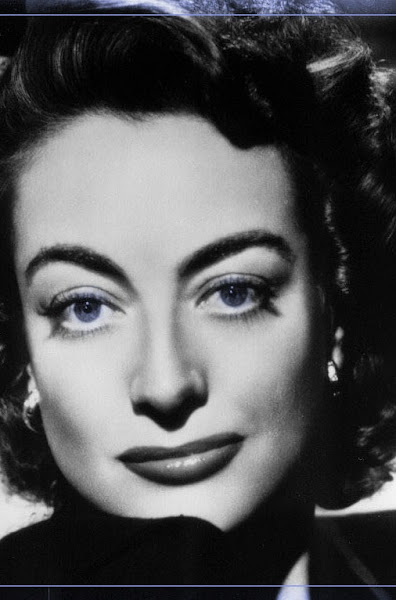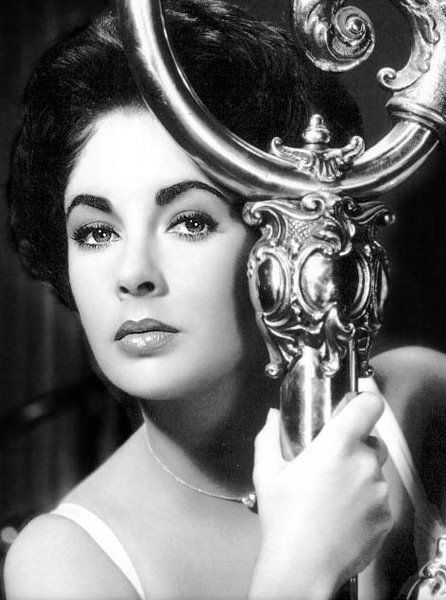
While the "cinéma à papa" (i.e. classical Hollywood cinema) had been the nourishment of filmgoers for so long, Godard's "Breathless (À bout de souffle)," somewhat unlike fellow New Waver Truffaut's "The 400 Blows," truly throws it all out the window in favor of something new, fresh, and watershed, becoming the epitome of the French New Wave, especially in terms of its stylistic elements. The reason I mention the film is because I simply want to muse on one quotation in it that I feel, as simple, throwaway, and forgetful as it may seem, defines the film's ideology.
Cinema itself is certainly important to the film, just as it also was to Truffaut's "400 Blows." Another "Cahiers du Cinéma" critic, Godard's passion for film influences several scenes in the film, including Michel's incessant thumb movement over his lips in the style of his idol, Humphrey Bogart. (Though I cannot recall him ever making such a motion in any film in which I have seen him, I would say he is probably the one who inspired this gesture for the character of Michel.) Anyway, besides his idolization of Bogart, his similarities to François, the protagonist of the 1939 French film "Daybreak (Le Jour Se Lève)," could certainly inform his status as a representative of older cinema.
The interesting scene that I have cited already shows a young girl with a copy of "Cahiers" as she approaches Michel. She asks, "Monsieur, do you support youth?" If memory serves, Michel tells her, "No, I prefer the old." It is quite amusing because younger film critic contemporaries were the reason why French cinema (and all cinema, for that matter) was, or would be, undergoing a groundbreaking change. Perhaps Michel's preference for the style of "old" (meaning older cinema) is the reason why he dies in the film... It could be like the old saying - "Out with the old, in with the new." Godard, as some sources suggest, may have been immodest about the fact that his film was going to break new ground and become a legend, but perhaps Michel had to die in order to fulfill the new rite of passage in cinema that would be the French New Wave. Of course the theme of death does play a greater role in the film and in Michel's death at the end than could be suggested by this one quote interpretation, but I think this one quote, in the context of the film and of its time, reveals the film's logic. (Furthermore, the fact that the film's narration is also defined by newspaper headlines might also point out the fact that journalists at the time [think "Cahiers"] were also "narrating" the change that would become cinema at the time.)
October 27, 2008
Random Musing: Breathless
Labels:
random musings
Subscribe to:
Post Comments (Atom)

.jpg)

.jpg)
.jpg)

No comments:
Post a Comment